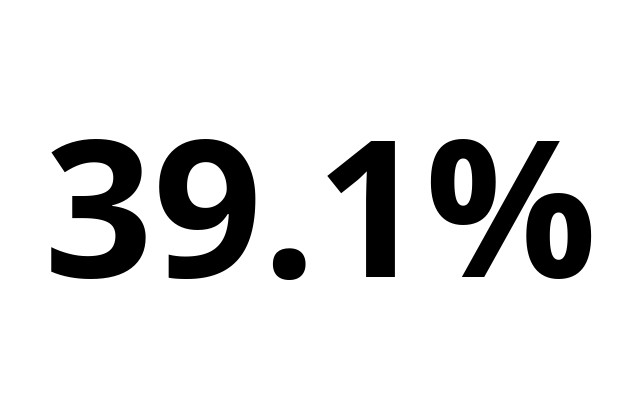Luxembourg in May began ramping up testing with the aim of testing the entire population and around 200,000 cross-border workers for the coronavirus at least once. In a second step, the country began asking people back on a regular basis to get tested. It also made testing available for holiday-goers.
Around a quarter of virus cases diagnosed between May and September 2020 were detected during large-scale testing or traced from a positive large-scale testing swab, researchers of the covid-19 task force said in a paper published in December.
Around 49% of Luxembourg residents invited took part in the mass screening, compared to 22.5% of cross-border workers. A total of 566,320 Sars-CoV-2 tests were carried out between 25 May and 15 September.
Large-scale testing during this time uncovered 850 cases, plus another 249 cases linked to these infections through contact tracing. Infections were mostly linked to foreign travel (31.4%), the household (23.2%) or the workplace (20%).
“It is highly likely that a significant fraction of individuals did not exhibit any symptoms at the time of testing,” the report said, with data collected suggesting “that asymptomatic including presymptomatic individuals are an important factor in triggering and sustaining infection chains.”
The researchers estimate that mandatory large-scale testing would have led to a 41.1% decrease in the number of virus cases.
